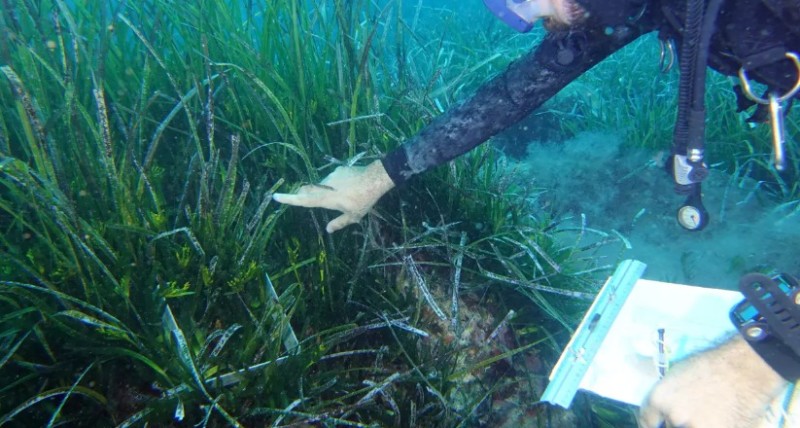Sailors, from all professions, acknowledge: there is a mysterious aspect to the ocean that borders on art and poetry. Scientists observing plankton through satellite imagery are amazed by the beauty of the intermingled blue and green colors. Even the alarm raised by the phrase « silent fire » sounds like a song. Nevertheless, let us beware that the situation does not quickly turn tragic. Last summer, La Croix newspaper reported on heatwaves in the Mediterranean and announced the upcoming peak of global water temperatures for the coming March. We are now there, and the increase continues.
The oceans are sick, gripped by a high fever. Marine ecosystems, often associated only with threats to coral reefs or large mammals, are in peril. Water and air temperature readings are abnormal, and the density of phytoplankton in entire regions is erratic. Never has the pressure on marine environments been so intense.
As custodian of the second-largest exclusive economic zone in the world – around 11 million square kilometers, more than 21 times the size of metropolitan France – France cannot turn a blind eye to the problem. Under the guidance of a Secretary of State responsible for the sea and biodiversity, Hervé Berville, this issue, while not ignored, is not at the top of the national emergency list.
Yet something essential, a matter of our moral and political responsibility, is at stake here. The oceans, key players in the natural cycle, are expressing their suffering. Often far from our eyes and cameras. Experts point out the urgency and the possibility of action. Recently, fishing was banned to save dolphins in the Bay of Biscay. It is this kind of courage that the oceans need. On a large scale.




